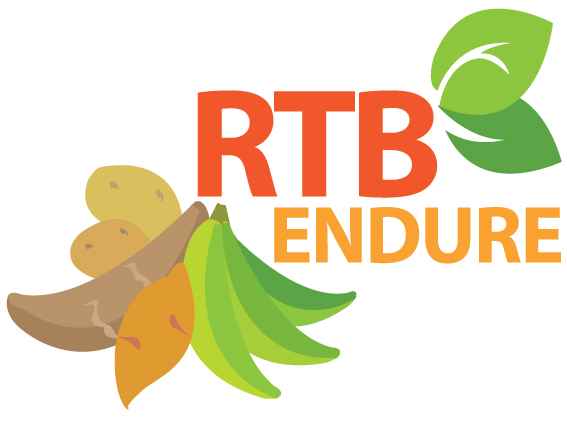
Expanding utilization of roots, tubers and bananas and reducing their postharvest losses
Banana Sub-Project
Reducing postharvest losses and promoting product differentiation in cooking banana value chain
The cooking banana value chain is characterized by high postharvest losses due to short shelf-life of bananas, highly seasonal production and poor postharvest handling. Furthermore, there are opportunities to promote product differentiation through different presentation forms of bananas and new marketing approaches. This sub-project will i) explore ways to reduce postharvest losses and even out annual supplies through use of diverse varieties and sucker staggering; ii) investigate options for upgrading storage, transport and marketing in response to changing consumers' preferences; iii) study the feasibility of introducing a weight-based pricing mechanism; and iv) strengthen capacities of value chain actors to respond effectively to emerging market opportunities.
The research team is led by Bioversity International and comprises IITA, CIRAD, NARO, the Ssemwanga Centre for Agriculture and Food Ltd., Kaika InvestCo, Mbarara District Farmers Association (MBADIFA) and other value chain actors in Isingiro, Rakai and Kampala districts.
For further information please contact the Principal Investigator, Dr Enoch Kikulwe (Bioversity International)
- Enoch Kikulwe (Bioversity-Uganda): e.kikulwe@cgiar.org

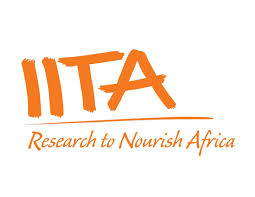





Sweetpotato Sub-Project
Improving the utilization of sweetpotato and other root and tuber crops residues for pig feeds
Feeding is one of the main production constraints for smallholder pig farmers due to the seasonality, high cost and poor quality of feeds; coupled with limited knowledge of supplementation strategies. As a coping strategy, farmers extensively use crop residues, grasses, weeds and kitchen leftovers to feed their animals. Sweetpotato vines are the most commonly used fodder but they are highly seasonal and perishable. Simple silage making for feed conservation combined with strategic supplementation is an easy and affordable option for pig feeding during periods of feed scarcity and will contribute to reduce wastage of sweetpotato residues. This sub-project will i) investigate options for silage making and supplementation; ii) identify models for proper organization of value chain actors for production, conservation and marketing of sweetpotato-based feeds; iii) strengthen the existing linkages between pig farmers and sweetpotato traders; and iv) build business capacity for profitable silage making and pig raising.
The research team is led by CIP and comprises the International Livestock Research Institute (ILRI), NARO, VEDCO, CHAIN-Uganda, Iowa State University, Makerere University, Uganda Martyrs University, Pig Production and Marketing Ltd. and other value chain actors in Masaka and Kamuli districts.
For further information please contact the Principal Investigator, Gerald Kyalo (CIP)
- Gerald Kyalo (CIP): gerald.kyalo@cgiar.org



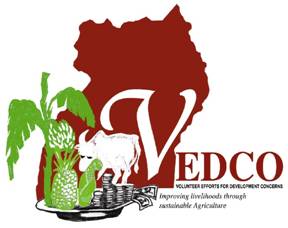
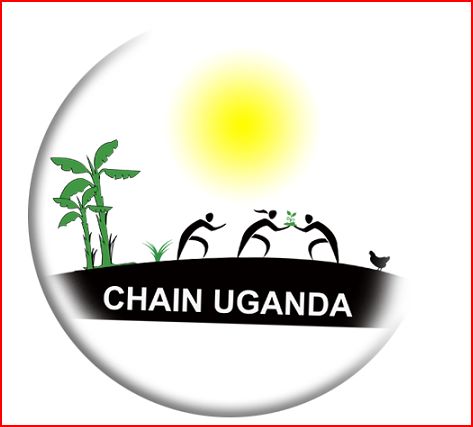
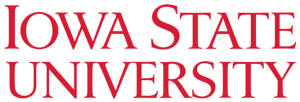
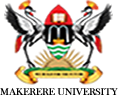
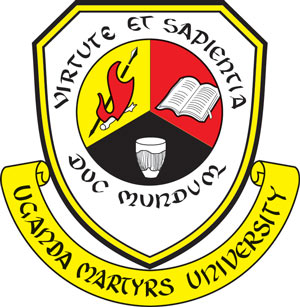

Potato Sub-Project
Postharvest innovations for better access to specialized ware potato markets
In eastern Uganda there are two potato cropping seasons. The market supply is highly seasonal, with period of gluts and scarcity and, therefore, high price fluctuations. The team aims at exploring the opportunity to take advantage of the higher price during the off-season by expanding the cropping period and introducing storage technologies. This will ensure higher and more stable income for small-scale farmers and consistent market supplies. In particular, this sub-project will i) assess effect of variety, local climatic conditions, pre-harvest and harvest practices on storability of ware potatoes; ii) exploits varietal differences in maturity and dormancy to prolong harvest and marketing periods; iii) strengthen business skills and collective marketing; and iv) identify gender-sensitive approaches to ensure gender equity in exploiting new market opportunities.
The research team is led by CIP and comprises NARO, Self Help Africa, Makerere University and other value chain actors in Kapchorwa, Mbale and Kampala districts.
For further information please contact the Principal Investigator, Dr Monica Parker (CIP)
- Monica Parker (CIP): m.parker@cgiar.org


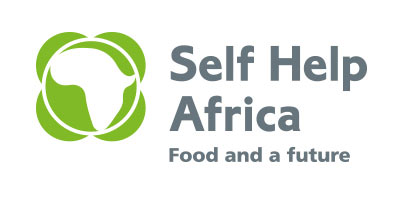

Cassava Sub-Project
Extending the shelf-life of fresh cassava roots for increased incomes and postharvest loss reduction
Cassava roots are characterized by very short shelf-life due to rapid postharvest physiological deterioration (PPD). This results in substantial level of price discount during marketing. Innovations that prolong the shelf-life of fresh roots are demanded by farmers and traders to reduce postharvest losses, relieve marketing pressures and target new markets. Using lessons learnt from West Africa and Latin America, the project will assess the feasibility of introducing two shelf-life extension technologies, namely high relative humidity storage and waxing of the fresh roots. This sub-project will i) identify the market segments for fresh cassava and best marketing models ; ii) assess PPD of different varieties and study the effectiveness of the shelf-life extension technologies; iii) investigate the effect of the treatment on eating quality and safety; and iv) promote South-South collaboration and knowledge sharing for capacity strengthening.
The research team is led by IITA and comprises CIAT, NARO, International Institute of Rural Reconstruction (IIRR), Makerere University, Gulu University and value chain actors in Masindi, Kabarole and Kampala districts.
For further information please contact the Principal Investigator, Dr Adebayo Abass (IITA)
- Adebayo Abass (IITA): a.abass@cgiar.org






